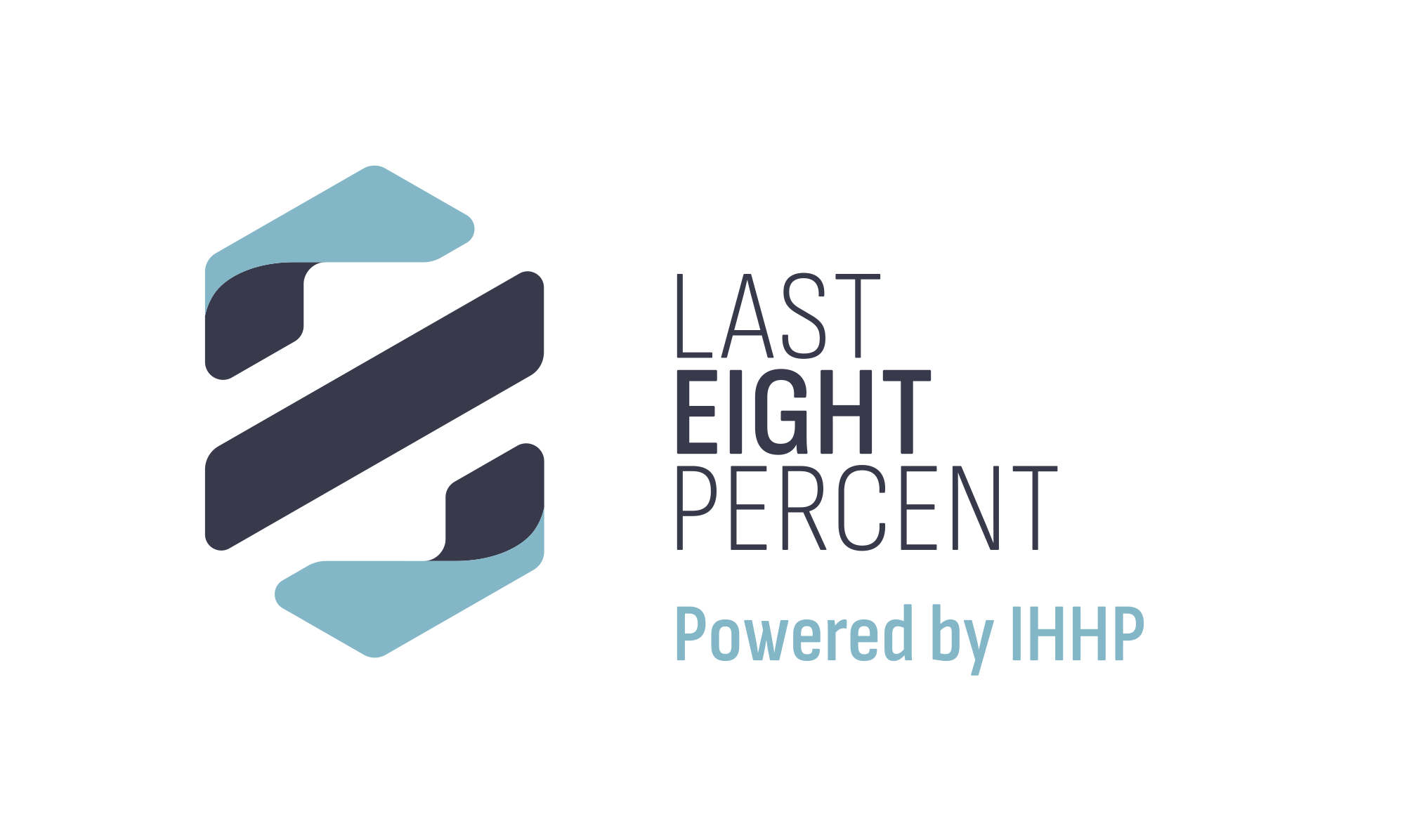You have an aspiration to build a good career, be part of a team that is doing something worthwhile and be a provider for your family. Like everyone, you face situations that make it difficult to reach this aspiration. At IHHP, we survey over 40,000 people a month and get a glimpse of the difficult situations that many face:
“I feel there is a lack of leadership. Not lack of management, but lack of leadership. Everyone is afraid to make a decision and, instead, prefers to follow a process…”
“I work for a direct manager that never has anything nice to say. It’s always negative. He leads by intimidation and threats. He is very unaware of true market conditions and does not understand what we do in the field. How do I deal with him? What do I say? I feel like I am drowning…”
“I find it really challenging managing the under-performing behaviors of my employees. I sometimes put it off because I know it’s going to provoke a big showdown and I don’t have time for big showdowns…”
Last 8%
We’ve come to call these and other difficult situations like it, the Last 8%. What does that mean? Our research has found that most people do well at the first 92% of a situation, decision or conversation, but as a conversation or a decision gets more difficult, when there is more on the line and things get emotional, most people either get paralyzed and avoid the Last 8% or handle it in a way that has a negative impact on other people – in other words, they make a mess of it.
Think of the situations mentioned above from our research where people are avoiding difficult decisions. Or, think of you needing to deal with underperformers on your team or give feedback to your manager. These Last 8% situations are not easy and yet we face them all the time. If we lack the skills necessary to deal with them, there is a cost to our careers, our lives and it can leave us with feelings of regret when we know we have not done our best.
What Gets in the Way?
At the heart of what causes people to avoid or make a mess of their Last 8% situations, decisions, or conversations are emotions. Strong emotions, such as fear and anxiety, naturally arise when we engage in, or even think about, Last 8% situations. The emotional part of our brain, the Amygdala, is wired to react to any perceived threats. When the emotional brain feels triggered by a Last 8% situation, it moves us to our fight or flight response – this is why it can feel ‘overwhelming’, like we are ‘drowning’ and why it feels like it will lead to a big ‘showdown’, like in the examples above, causing us to avoid or make a mess of the situation.
The Cost of Avoiding Last 8%
When we avoid something that we know we really shouldn’t, it has two significant consequences: first to our external reputation but maybe, more importantly, our internal reputation.
When others see us avoiding or making a mess of last 8% situations, decisions or conversations, they start to lose confidence in our abilities and may not sure we’re up to the task of being given a mission critical project or an important promotion. Remember, our success on that project reflects on them, the decision maker, and if they’re not sure we can do the difficult stuff, they’ll not choose to take a risk on us. This is when our career can start to languish without us really knowing why.
Our internal reputation is essentially how we feel about ourselves. Avoiding or making a mess of a Last 8% situation, decision or conversation causes us a great deal of regret and shame. We know we didn’t act courageously. We know that we took an ‘offramp’. This diminishes our confidence and the likelihood we will approach a similar situation the next time goes down, creating a vicious cycle.
It doesn’t have to be this way.
The Path to Last 8%
There is a path to being able to deal with Last 8% situations, decision and conversations more skillfully and it starts by learning the critical social and emotional skills of Emotional Intelligence (EI). Unlike IQ, which is difficult to improve after age 16, EI, can be learned and developed over the lifespan.
We’ve found that those who are skillful at Last 8%:
- Have a high degree of self-awareness and can recognize when a Last 8% moment is triggering them.
- They recognize what their predictable default behavior is (most of us do not even know we have one) of “avoiding or make a mess” – and how that impacts others.
- They’re able to manage those emotions so they can step into a Last 8% situation without becoming emotionally triggered.
- They’re able to connect to the emotions of others and demonstrate empathy in a way that builds trust during Last 8% situations, so the other person can hear them, even as things heat up.
- Finally, they have the courage and skills to step into make a tough decision and deal with a challenging situation head on. We like to be around people like this, we find them inspiring!
The Pay-Off
When we train people to manage their emotions and take action on their Last 8%, they feel like a ton of weight has been lifted off their shoulders. They stop spending hours ruminating, over and over again, about a difficult situation, decision or conversation. They are also viewed differently by others and their external reputation takes off. People see them as more ready to take on new challenges the organization faces, and they are given the most important projects. Of course, they also feel differently about themselves. They know they were courageous and did the right thing and this builds their confidence.
This is what is possible when we’re aware and have the Emotional Intelligence skills to take on our Last 8% situations. It is not necessarily the easier path and it can cause us more short-term anxiety, but over the long term, we feel less regret and more pride. We’re proud of who we are and how we are operating in the world. We are no longer mired in regret. We feel lighter and ready to take on new challenges with an energy that we never quite had before. To see this transformation up close, as we have been so privileged to do, is absolutely inspiring to watch. What are you waiting for?
Ready to take action on your Last 8%? Attend a live online Emotional Intelligence program today.

